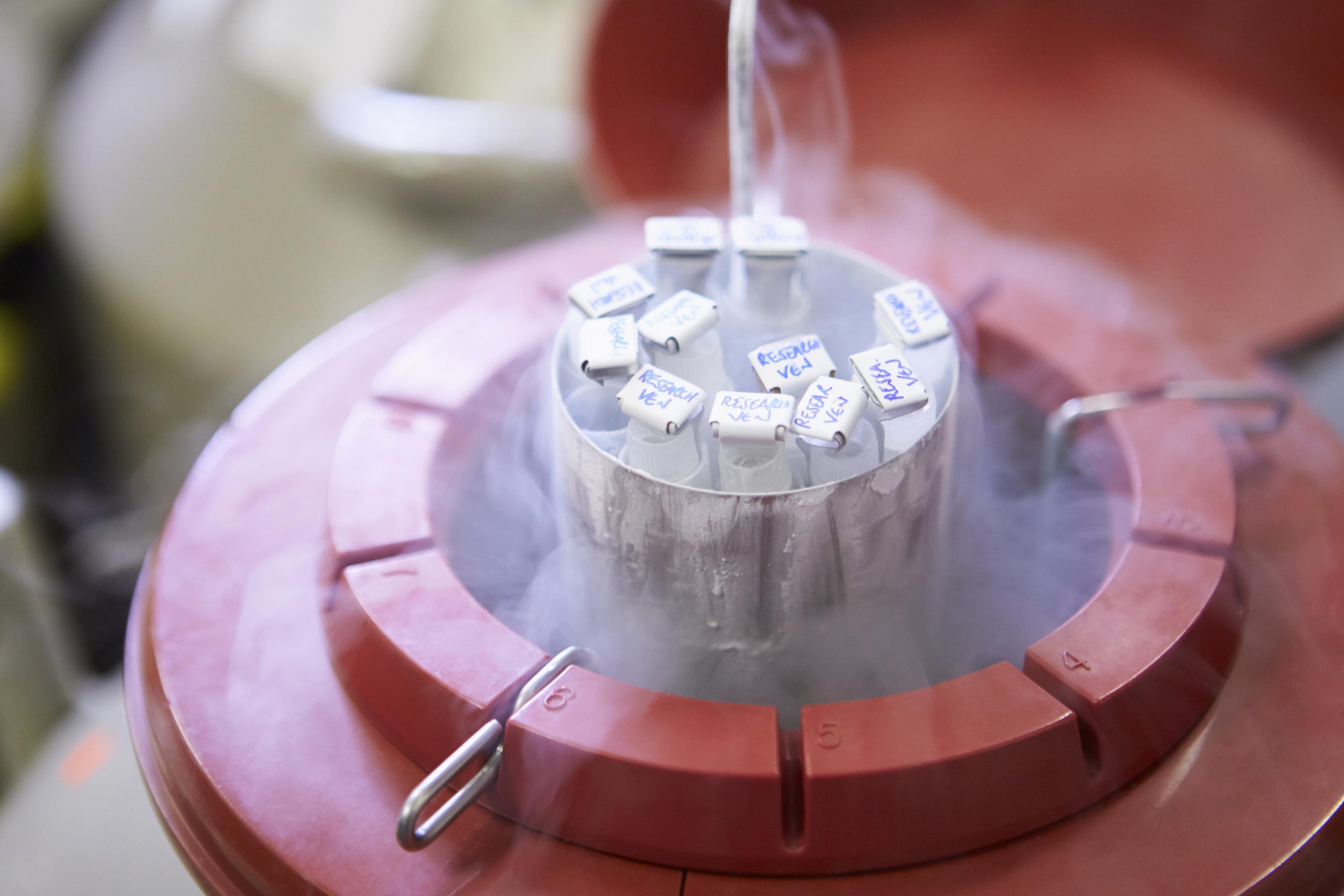According to SART data[1], 71,296 babies were born following IVF treatment in 377 US clinics in 2016. At least 242,618 IVF cycles would have been required to generate this number of births.
Each cycle comprises several weeks of hormone therapy to stimulate the eggs, then a surgical procedure under general anaesthetic to harvest them followed by laboratory fertilisation, viability monitoring and, finally, uterine implantation.
In 2016, 15.6% of the pregnancies resulted in twins (compared to 19.1% in 2015) and 0.4% in triplets – an identical figure to 2015.
In 2015[2], “women aged 35 or under had higher success rates with fewer IVF cycles than women aged 42 or over”: IVF worked at the first attempt in 53.9% of under 35 year-olds and for 3.9% of the over 42 year-olds.
Between 2015 and 2016, the number of patients implanted with thawed embryos increased whereas the number of freshly fertilised embryos decreased.
[1] Society for Assisted Reproductive Technology
[2] One in 100 children conceived by IVF in the US
Washington Times, Laura Kelly (24/04/2018)

